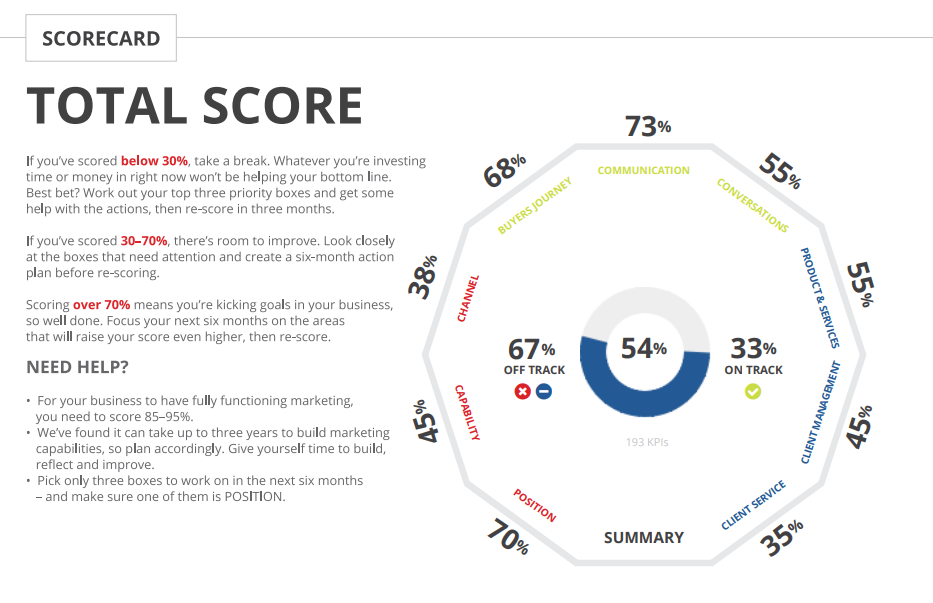To appoint a business broker, or not …. that is the question! here are some vital steps to take and crucial realizations to face in preparing for this all-important transaction.
- Resolve current problems as soon in a thoroughly as possible. If the business is a partnership, both parties should agree about the major decisions to be made in the selling process. Hopefully, in case is where the business is a partnership, a buy-sell agreement is already in place.
- Financial records must be accurate and up to date … and impressive indicators of the owner’s business ability. Some buyers may be willing to buy potential, but they don’t want to pay for it. In fact, sellers should be open about all aspects of the business that might affect the sale … otherwise, once the real situation is revealed (as it inevitably will be), the sale may be lost.
- Sellers must understand from the beginning that they may have to help finance the sale. The seller’s business broker, in quantifying potential buyers, will also assess their financial credibility and their ability to run a successful business, thus helping to take the understandable fear out of seller financing.
- Sellers should also seek the advice of a business professional in determining price. The business broker will apply industry-tested valuation methods and will incorporate those intangibles to ensure the business will not be under-priced. At the same time, the business broker will point out to sellers how the price is dictated by the marketplace, and that realistic pricing is an absolute must. Most buyers face with an out of sight price won’t wait for it to drop … they will go elsewhere.
- In marketing business for sale, sellers benefit many times over from the guidance of a business broker professional. The business broker who list the particular business for sale represents the seller and works towards completing the transaction in a reasonable amount of time, and at a price and terms acceptable to the seller. The broker will also present and assess offers, and, at the appropriate time, s/he can also help in structuring the sale transaction itself. The broker and the seller become a team, involved in a relationship of mutual trust, with a common goal of getting the successful business sale.
A qualified business broker should be able, and willing to :
- advise you on pricing and structuring the sale of your business.
- prepare the marketing strategy, using professional resources.
- determine the right buyer for your particular business.
- educate buyers in the business-buying process.
- keep you informed about market reaction.
- present offers and point out strengths and weaknesses.
Lets connect


